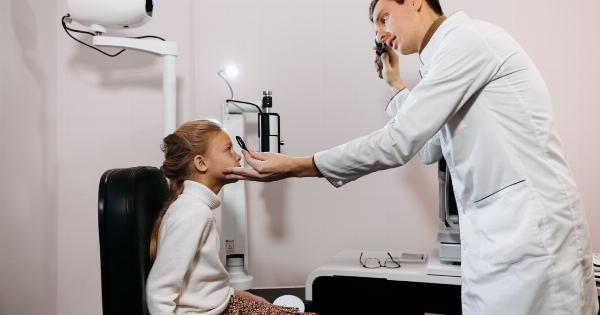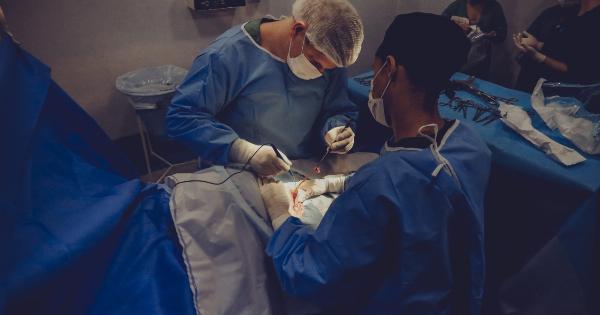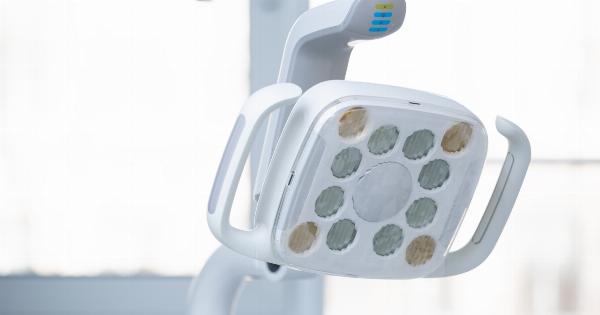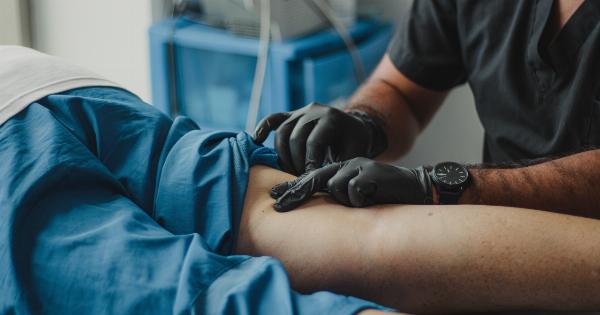Knee arthroscopy is a minimally invasive surgical procedure that is used to diagnose and treat a variety of knee-related injuries.
It is considered a safe and effective method to address many knee issues, including torn meniscus, cartilage damage, and ligament tears. However, like all surgical procedures, proper preparation is essential to the success of the surgery.
Pre-Surgery Preparations
Medical Evaluation
Before scheduling knee arthroscopy, your orthopedic surgeon will require a medical evaluation to assess your overall health and fitness for surgery.
You will be asked about your medical history and any underlying conditions that may affect the outcome of the surgery, such as diabetes or heart disease. You may also need to undergo various medical tests such as blood tests, X-rays, or an electrocardiogram to determine if you are a good candidate for knee arthroscopy.
Medication
Before your knee arthroscopy, it is essential to inform your doctor about any medications you are currently taking, including over-the-counter and prescription medications, supplements, vitamins, and herbal remedies.
You may be required to stop taking specific medications before the surgery, such as blood thinners, to reduce the risk of bleeding during the procedure. Your doctor will advise you on which medications to take or avoid before surgery.
Refraining from Eating or Drinking
Usually, you will be instructed to refrain from eating or drinking anything after midnight before the day of the surgery. This is to prevent any complications associated with anesthesia, such as vomiting or aspiration of stomach contents into the lungs.
If your procedure is scheduled for later in the day, your doctor may allow clear fluids until a certain time before surgery. Follow your surgeon’s instructions carefully regarding eating and drinking before the procedure.
Preparing Your Home
After the surgery, you will need to rest and limit your activities for several weeks. Therefore, it is crucial to prepare your home before the surgery. Some possible changes to consider include:.
- Creating a comfortable place to rest with pillows and blankets.
- Making necessary modifications to your bathroom, such as adding grab bars or a toilet seat riser for added support and safety.
- Removing any trip hazards, such as threshold rugs or extension cords, that may cause falls.
- Stocking your kitchen with healthy, easy-to-prepare meals and snacks.
Transportation
You will not be able to drive after the surgery, so it is essential to arrange for transportation home from the hospital. You may also need someone to stay with you for the first 24 hours after the surgery.
Clothing
Wear loose and comfortable clothing to the hospital on the day of the surgery. It is also essential to wear clothing that is easy to remove and put back on if needed, such as a button-down shirt and slip-on shoes.
Anesthesia
Your orthopedic surgeon will discuss the anesthesia options with you before the surgery. Knee arthroscopy can be performed under local anesthesia, regional anesthesia, or general anesthesia.
The type of anesthesia used will depend on your preference, the extent of the surgery, and your overall health.
Post-Operative Care
After the surgery, it is essential to follow your surgeon’s instructions carefully to reduce the risk of complications and promote healing.
You may need to take medication to control pain and inflammation and perform specific exercises or physical therapy to help restore your knee’s strength and flexibility. It is also crucial to keep the surgical site clean and dry to prevent infection.
Conclusion
Knee arthroscopy is a safe and effective procedure to diagnose and treat various knee injuries. Proper preparation before the surgery is essential to ensure a successful outcome.
By following the instructions provided by your orthopedic surgeon, you can help ensure the best possible outcome from your knee arthroscopy procedure.





























